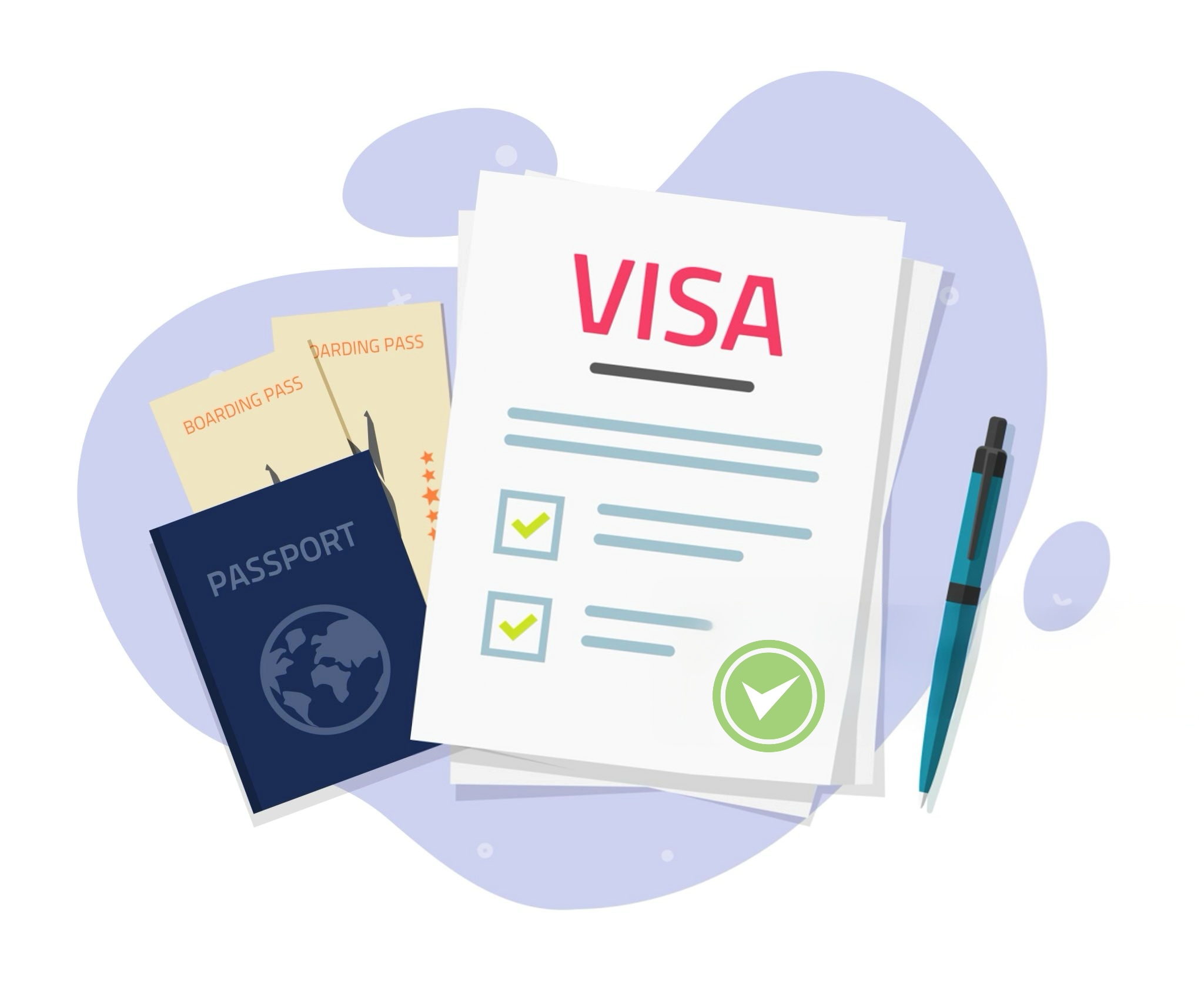
Planning your China travel? This guide covers everything you need for a smooth trip: visa-free transit options, top cities for first-timers, staying connected (VPNs, eSIMs), must-have apps, and transport tips like high-speed trains and subways. Learn how to book hotels, attraction tickets, and save by planning early. We’ll also share the best travel seasons, cultural etiquette, and packing essentials. Whether you’re exploring Beijing’s history or Shanghai’s buzz, these tips will help you travel smart. Always double-check the latest rules before you go – now let’s get started!
China’s 72/144-Hour Transit Visa-Free Policy
China’s 72/144-hour transit visa-free policy is very friendly for UK travellers! It lets British passport holders stay in China for up to 3 days (72 hours) or 6 days (144 hours) without a visa, perfect for short stops or exploring cities like Beijing, Shanghai, or Guangzhou during a layover. You just need a valid passport (with 3+ months left) and a booked ticket to another country. No visa fees or paperwork – great for quick trips, sightseeing, or business meetings. Just check your entry city’s rules and enjoy your stay! However, always check the latest visa rules before travelling, as policies can change.
🛂 Valid Travel Documents: Hold an ordinary UK passport or valid international travel document with at least 3 months’ validity. Meet entry requirements for the third country/region you are transiting to.
🎫 Confirmed Onward Travel: Provide proof of a confirmed onward ticket (date and seat) within 72 or 144 hours of arrival.
Example: A flight/train ticket from China to a third destination (e.g., UK → Shanghai → Japan).
*Based on 2025 info; check visa before travel.
Best Cities for First-Time Visitors
If it’s your first time in China, major cities like Beijing, Shanghai, and Guangzhou are excellent starting points. These cities have more English speakers, making communication easier for international travellers, but it’s still best to have translation software at the ready. Beijing offers iconic landmarks like the Great Wall and the Forbidden City. Shanghai blends modern skyscrapers with traditional charm, while Guangzhou is a food lover’s paradise with delicious Cantonese cuisine. Each city has excellent transport links, so moving around is hassle-free.
Stay Connected with a VPN and eSIM
Most British apps like Google, WhatsApp, and Instagram won’t work when you land in China due to internet restrictions. To stay connected, install a reliable VPN before arriving. A VPN allows you to access blocked websites and stay in touch with friends and family. Additionally, consider getting an eSIM for mobile data. Trip.com’s China eSIM is a handy option, offering instant connectivity without the hassle of buying a local SIM card. Being prepared means you won’t face connectivity issues during your trip.
Essential Apps for Travelling in China
Before arriving, download useful Chinese apps to make your trip smoother. WeChat and Alipay are essential for cashless payments, though carrying some cash is still wise as not all places accept digital payments. Didi (China’s Uber) is great for taxis, and Baidu Maps helps with navigation since Google Maps doesn’t work. Translation apps like Pleco or Google Translate (download offline packs) can also be helpful. Having these apps ready will save you time and make daily tasks much easier.
Choose Foreigner-Friendly Hotels
Not all hotels in China accept foreign guests, so it’s important to check before booking. International hotel chains and larger hotels in major cities are more likely to accommodate foreigners. Websites like Trip.com list foreigner-friendly hotels to ensure a smooth check-in process. Staying in a well-located hotel also makes it easier to explore the city and access public transport. Always confirm your booking in advance to avoid any last-minute issues.
High-Speed Trains for City Travel
China’s high-speed rail network is one of the best in the world, making it a quick and comfortable way to travel between cities. You can book tickets on Trip.com or 12306.cn (which has an English option). G and D trains are the fastest, reaching speeds of up to 350 km/h. Always arrive at the station early, as security checks can take time. Trains are punctual, so don’t be late! This is a fantastic way to visit nearby cities like Suzhou from Shanghai or Xi’an from Beijing without the hassle of flights.
Popular High-Speed Route | Duration (approx.) | 2nd Class Fare (¥) | Booking Method |
Beijing-Shanghai | 4h 18m | From ¥553 | |
Guangzhou-Shenzhen-Hong Kong | 48m | From ¥185 | |
Shanghai-Hangzhou | 39m | From ¥51 | |
Beijing-Guangzhou | 7h 17m | From ¥862 | |
Chengdu-Chongqing | 1h 2m | From ¥129 | |
Shanghai-Suzhou | 10m | From ¥10 |
Notes:
- The duration of the table is based on the fastest train
- Booking platforms accept international cards
- Costs and times may vary slightly depending on specific trains
Getting Around with Subways and Taxis
In major Chinese cities, subways are cheap, efficient, and have signs in English, making them easy to use. Taxis are also affordable, but always insist on using the meter or book through Didi to avoid overcharging. Public transport is well-developed, so getting around is rarely a problem. Avoid rush hours if possible, as subways can get very crowded. For first-time visitors, subways are often the best choice due to their reliability and low cost.
For international tourists, subway payment methods primarily include:
- Single Journey Tickets: These can be purchased at ticket vending machines or service counters in subway stations. Instructions are usually available in English.
- Transportation Cards: Tourists can purchase and recharge transportation cards like Beijing's "Yikatong" or Shanghai's "Public Transportation Card" for convenience.
- Mobile Payments: If tourists have access to Alipay or WeChat Pay, they can use these apps to pay for subway rides by scanning QR codes.
Book Attraction Tickets in Advance
Popular attractions like the Forbidden City, Terracotta Army, and Shanghai Disneyland sell out fast—sometimes weeks in advance. Book tickets online at least a week before your visit. Platforms like Trip.com offer easy bookings for major attractions, often with skip-the-line options. Planning ahead ensures you won’t miss bucket-list spots, especially during peak seasons.
Best Time to Visit China
The best time to visit China is outside major holidays like Chinese New Year (Spring Festival) and National Day (Golden Week). During these times, attractions are overcrowded, prices rise, and many businesses close for the New Year. Spring (April-May) and autumn (September-October) are ideal, with pleasant weather and fewer tourists. If you must travel during holidays, expect large crowds and book everything well in advance.
Respect Local Customs and Culture
Chinese culture has many traditions that may be different from what you’re used to. Always show respect in temples, avoid sensitive political discussions, and learn basic Mandarin phrases like “ni hao” (hello) and “xie xie” (thank you). Tipping isn’t common, and loud behaviour in public is frowned upon. Understanding these customs will help you connect better with locals and enjoy a more authentic experience.
Pack Your Travel Essentials
- Universal power adapter: China uses Type A/C plugs. Bring an adapter to charge your devices.
- Seasonal layered clothing: Lightweight clothes for summer, warm layers for winter, and a waterproof jacket for rainy months.
- VPN & eSIM: Install a VPN (before departure) and purchase a China-compatible eSIM (e.g., Trip.com) for internet access.
- Small cash reserve: Carry ¥200–500 in RMB for markets, taxis, or places not accepting mobile payments.
- Translation app/phrasebook: Download Pleco or Google Translate (offline packs) for basic Mandarin communication.
Book Early to Save Money
To get the best deals on flights and hotels, book as early as possible. Prices tend to rise closer to travel dates, especially during peak seasons. Comparing prices on different platforms can help you save money. Early booking also gives you more options for accommodation and flights, making your trip planning much easier.
With these tips, your trip to China will be more enjoyable and hassle-free. Whether you’re exploring ancient landmarks or modern cities, proper preparation ensures a fantastic experience. Happy travels!



